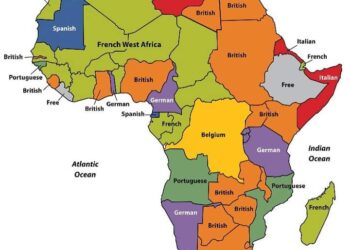As G20 finance ministers meet in Rome this week to discuss how they will build back from the pandemic, WaterAid has called on the federal government to spend at least $1.2 billion now on water and sanitation which will pay for itself in near future.
WaterAid in a statement Wednesday urged global leaders at large to commit to new funding of at least $1.2 billion, to ensure all hospitals and clinics, particularly within the world’s poorest countries, have clean water, decent toilets and proper hand washing facilities.
Speaking, WaterAid Nigeria Country Director, Evelyn Mere, said: “Spending at least £1.2 billion on water, sanitation and hygiene for healthcare centers is a no-brainer investment, both saving lives now and also protecting against future pandemics and the devastation they cause.
“This sum equates to just thirty minutes-worth of what has been spent over the last year on COVID response packages. Yet it could change everything for the millions who have no option but to seek care from the 50 per cent of health care facilities in the poorest countries which don’t have clean water.
“We must find the money needed as a matter of urgency to make sure all healthcare facilities in the poorest countries have clean water and soap before another pandemic hits. If frontline health workers can’t wash their hands, keep patients clean or have somewhere decent to go to the toilet, a hospital is not a hospital at all – it is a breeding ground for disease.”
The organisation said since the onset of COVID-19, rich countries have spent significant sums, an average of nearly 10% of their GDP, and a total of $20.6 trillion, on stimulus packages to help bolster their economies and recover from the pandemic.
It revealed that millions of people are at higher risk of COVID-19 and other infectious diseases as 96% of all healthcare centers in Nigeria lack access to basic water, sanitation and hygiene services, putting the lives of doctors, nurses, midwives and patients at risk.
“Providing doctors, nurses and patients with somewhere to clean their hands is one of the most effective ways to halt the spread of disease,” WaterAid said.




